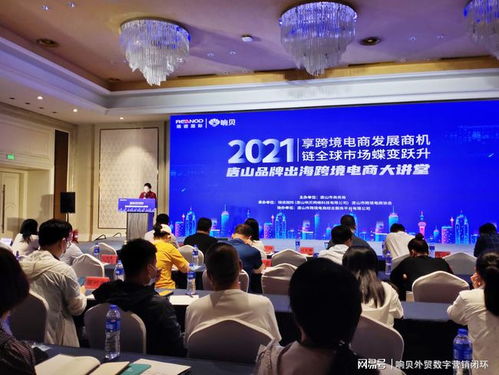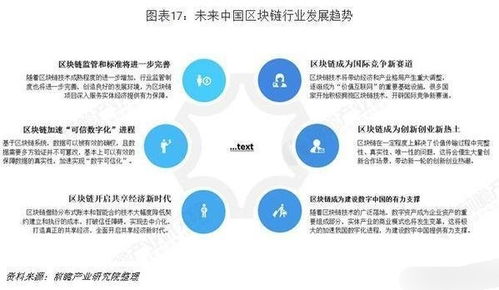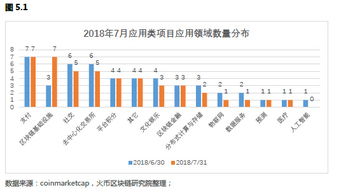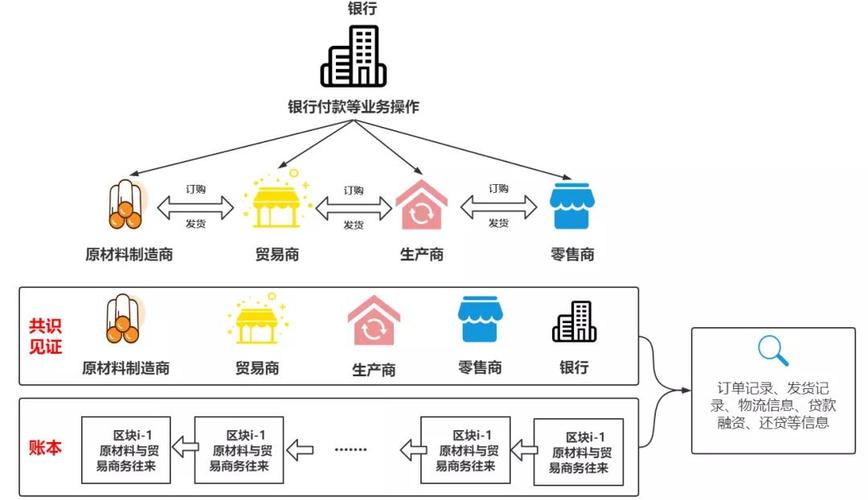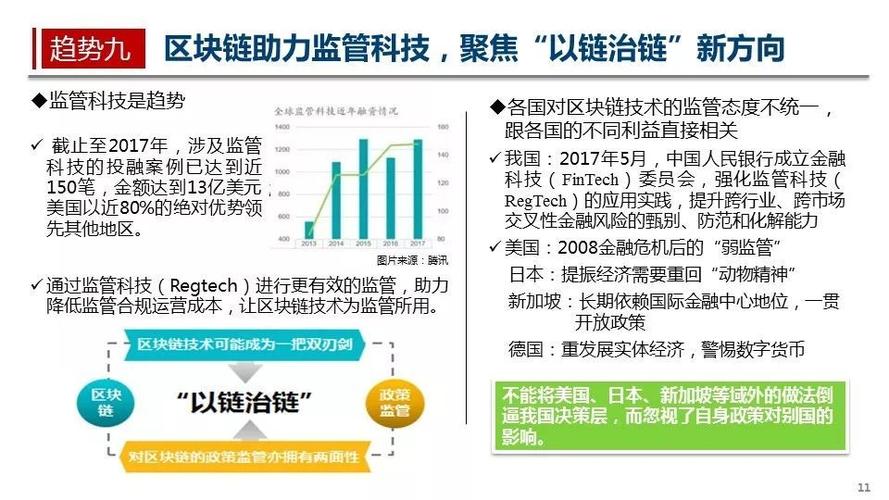Introduction to Blockchain Technology
Blockchain technology is a revolutionary concept that has the potential to transform various industries. It is a decentralized and distributed ledger system that enables secure and transparent transactions without the need for intermediaries.
Blockchain is essentially a chain of blocks, where each block contains a collection of data. These blocks are linked together using cryptographic techniques, making it virtually impossible to alter or tamper with the data once it is recorded.
One of the key features of blockchain technology is its decentralization. Traditional systems rely on a central authority to validate and authorize transactions. In contrast, blockchain eliminates the need for a middleman by relying on a network of computers, known as nodes, to validate transactions through consensus mechanisms such as proof of work or proof of stake.
Another important aspect of blockchain technology is its transparency. Once a transaction is recorded on the blockchain, it becomes visible to all participants in the network. This transparency ensures accountability and reduces the risk of fraud or manipulation.
Blockchain technology has gained significant attention due to its application in cryptocurrencies like Bitcoin. However, its potential extends far beyond digital currencies. Here are some of the industries where blockchain technology holds promise:
1. Financial Services: Blockchain technology has the potential to revolutionize the way financial transactions are conducted. It can streamline processes, reduce costs, and eliminate the need for intermediaries like banks. Smart contracts, which are selfexecuting contracts with the terms of the agreement directly written into code, can automate and enforce complex transactions without the need for intermediaries.
2. Supply Chain Management: Blockchain technology can enhance transparency and traceability in supply chains. By recording every transaction and movement of goods on the blockchain, stakeholders can easily track and verify the origin, authenticity, and journey of products. This can help prevent counterfeiting, reduce fraud, and improve efficiency in supply chain operations.
3. Healthcare: Blockchain technology can address various challenges in the healthcare industry, such as interoperability, security, and patient data privacy. By securely storing and sharing patient records on the blockchain, healthcare providers can access accurate and uptodate information, leading to better diagnosis and treatment outcomes. Additionally, blockchain can facilitate the secure sharing of research data, leading to advancements in medical research.
4. Intellectual Property: Protecting intellectual property rights is a challenge in the digital age. Blockchain technology can provide a secure and decentralized platform for registering and managing intellectual property. Smart contracts can automate the licensing and royalty distribution process, ensuring fair compensation for creators and reducing copyright infringement.
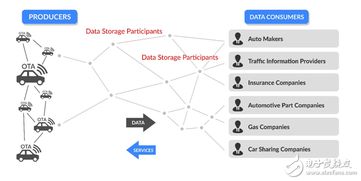
5. Voting Systems: Blockchain technology can enhance the integrity and transparency of voting systems. By recording votes on the blockchain, it becomes virtually impossible to alter or manipulate the results. Additionally, blockchainbased voting systems can streamline the voting process, eliminate the need for physical polling stations, and enable remote voting.
In conclusion, blockchain technology has the potential to revolutionize various industries by offering enhanced security, transparency, and efficiency. Its decentralized nature and cryptographic techniques make it an attractive solution for a wide range of applications. However, it is essential to address the scalability, energy consumption, and regulatory challenges associated with blockchain technology to fully harness its benefits.






